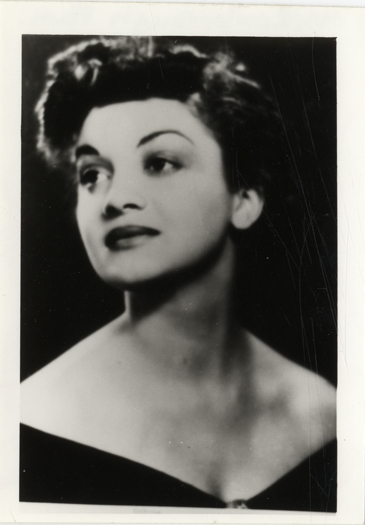Elliot Rodger at the Sometimes Troubling Intersection of Race and Gender
Diverse: Issues In Higher Education
2014-06-04
Elwood Watson, Professor of History, African American Studies, and Gender Studies
East Tennessee State University
Many have now heard of Elliot Rodger, the self-hating, misogynistic 22-year-old man who shot more than a dozen people and murdered six in Isla Vista, Calif., before turning the gun on himself and ending his own life. After this latest chapter of “angry young White male gone mad,” columnists, bloggers, psychologists and others weighed in with their views. Predictably, there were some websites ― primarily right of center ones like Paul Bois of Truth Revolt ― that tried to promote the argument that, since the majority of Rodger’s victims were male, critics who were denouncing his behavior by pointing out his history of misogyny were misguided in their viewpoints…
..The fact is that Elliot Rodger was a very frighteningly disturbed young man who hated himself and most of those around him. He shared a notable commonality with Adam Lanza, Kip Kinkel, Eric Harris and Dylan Kleblod and others. They were young, hostile, often socially isolated White men who were angry at the world for their own social insecurities, failures and misfortunes. To be sure, I am certainly not making the case that mass violence is the sole domain of young White men. That being said, it is clear that a disproportionate number of recent mass shootings have been committed by young White men. In the case of Rodger, a biracial White man.
This is where it gets more intense and complicated. The fact is that Rodger was the product of an interracial marriage ― White British father and ethnic Chinese Malaysian mother. He did not see himself as a person of color or mixed heritage and, rather, identified as White. This was evident in his demonstrably disturbing commentary on racist blogs such as PU Hate. This notorious website (PU Hate) has since been dismantled but not before a number of people lauded him as a martyr. The ample level of brimming rage that simmered within Elliot Rodger was evident in his rhetoric such as:…
…These were just a few of the much racially inflammatory commentary posted by Rodger. His mindset demonstrated a person who saw himself as White, male, wealthy, privileged and therefore entitled to all the perks that supposedly come along with such a status ― money, women, power, etc. The fact that he had been deprived of most all these opportunities enraged him. That some Black and other non-White men were successful in achieving what he had failed to accomplish drove him into a level of embittered rage that resulted in psychotic behavior…
Read the entire article here.
